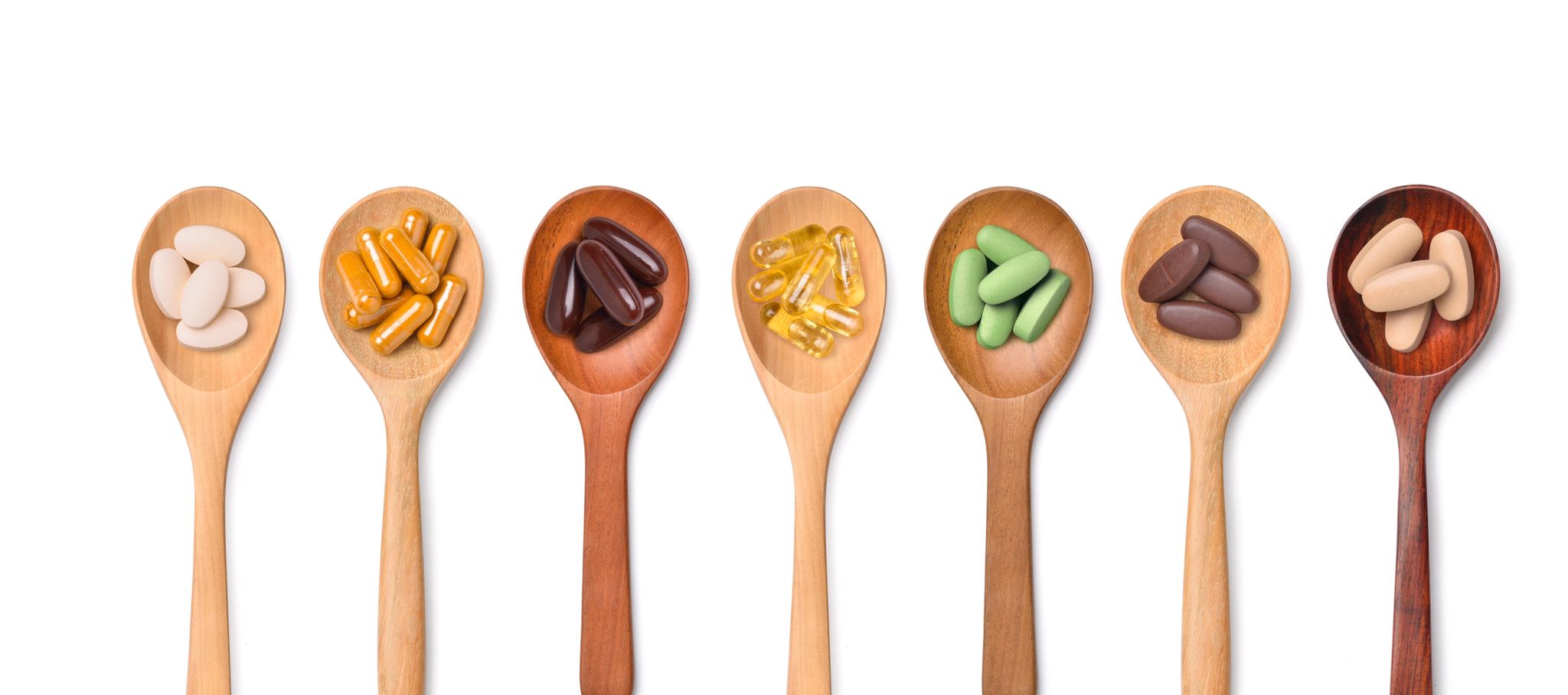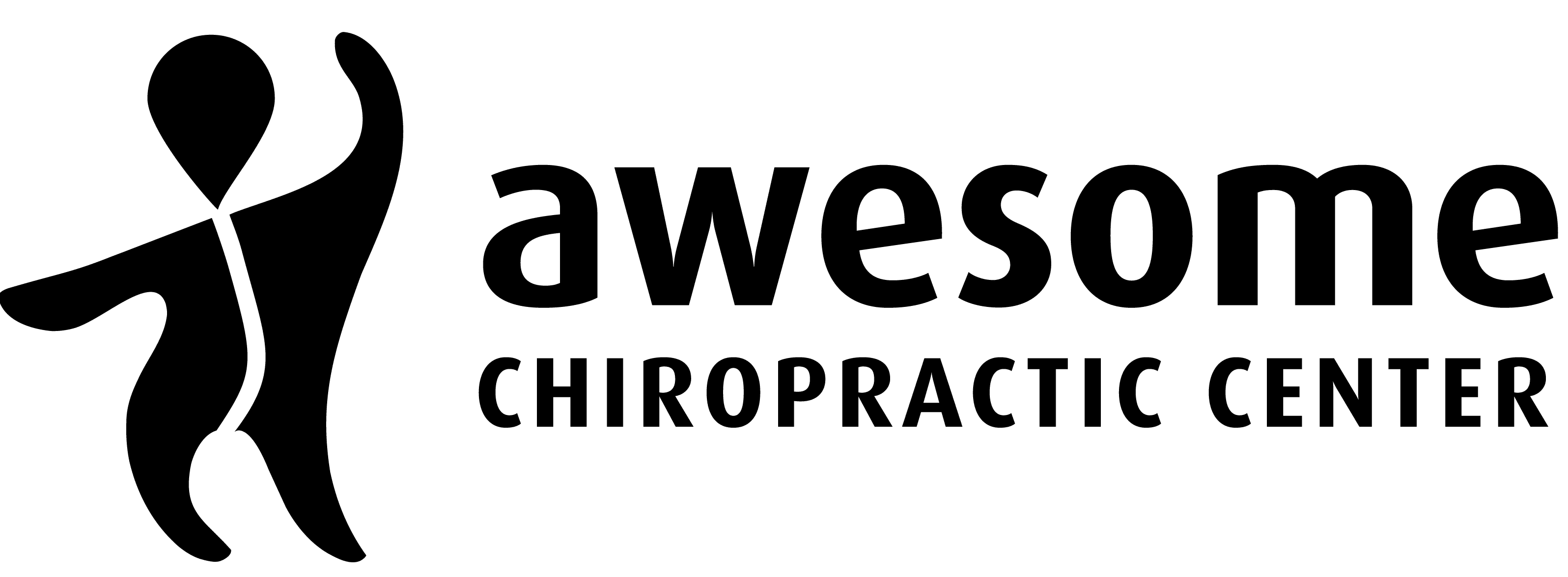Essential Minerals for Optimal Health: A Comprehensive Guide
Introduction
While vitamins often steal the spotlight, minerals play an equally crucial role in supporting our overall health. These micronutrients are essential for various bodily functions, ranging from bone health to enzyme activity. In this blog post, we’ll delve into the top five minerals that everyone, regardless of gender, should consider incorporating into their daily routine to promote optimal health.
1. Calcium: The Foundation of Strong Bones and More
Calcium isn’t just for bones; it also aids in muscle function, nerve transmission, and blood clotting. Both men and women benefit from maintaining adequate calcium levels, supporting overall health. While dairy products are excellent sources, a calcium supplement can be beneficial for those with specific dietary restrictions or those who struggle to meet their calcium needs through food alone.
2. Magnesium: The Mighty Multi-Tasker
Magnesium is involved in over 300 biochemical reactions in the body, impacting energy production, muscle function, and heart health. While magnesium is found in various foods like nuts, seeds, and leafy greens, many individuals may still fall short. Supplementing with magnesium ensures that you maintain optimal levels, supporting these critical bodily functions.
3. Iron: Vital for Energy and Oxygen Transport
Iron is essential for the formation of red blood cells and the transport of oxygen throughout the body. A deficiency in iron can lead to fatigue and anemia. While red meat, beans, and fortified cereals provide dietary iron, some may require supplementation, especially for those with certain dietary restrictions or conditions that affect iron absorption.
4. Zinc: Immune Support and Beyond
Zinc plays a crucial role in immune function, wound healing, and DNA synthesis. While zinc is present in foods like meat, dairy, and nuts, a zinc supplement can be beneficial for those with limited dietary sources or increased needs. Ensuring adequate zinc levels is vital for overall immune support.
5. Potassium: Balancing Act for Heart and Muscles
Potassium maintains the balance of fluids in and out of cells, supports nerve impulses, and helps muscles contract. While bananas and potatoes are potassium-rich foods, a supplement can be useful for those who struggle to meet their potassium needs through diet alone. Adequate potassium intake is vital for heart health and overall muscle function.
Conclusion with Disclaimer:
In wrapping up our exploration of essential minerals, it’s crucial to emphasize the importance of consulting with your healthcare professional before introducing new supplements into your routine. The information provided here is for general knowledge and educational purposes only and should not replace professional medical advice. Individual health profiles, medications, and potential interactions should be assessed by a qualified healthcare provider to ensure that any mineral supplementation aligns with your specific health goals. Always seek guidance, especially if you are pregnant, nursing, have pre-existing health conditions, or are taking medications. Minerals should complement a balanced diet, not replace it. A holistic approach to health includes maintaining a nutritious diet, regular exercise, and open communication with your healthcare provider for effective well-being.





